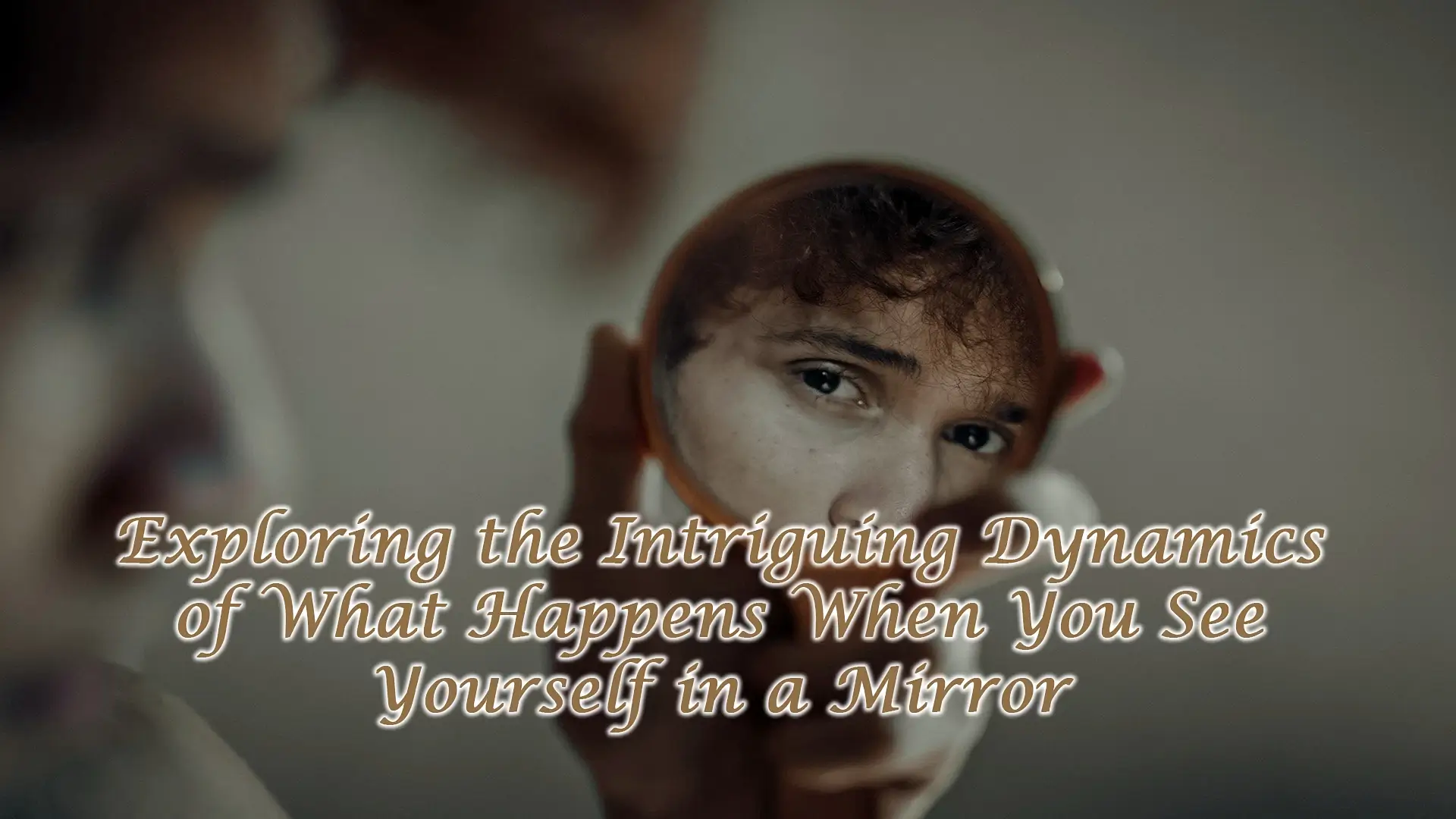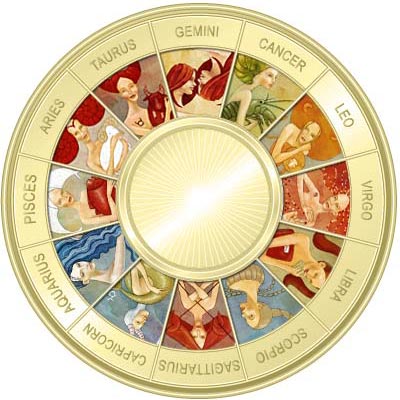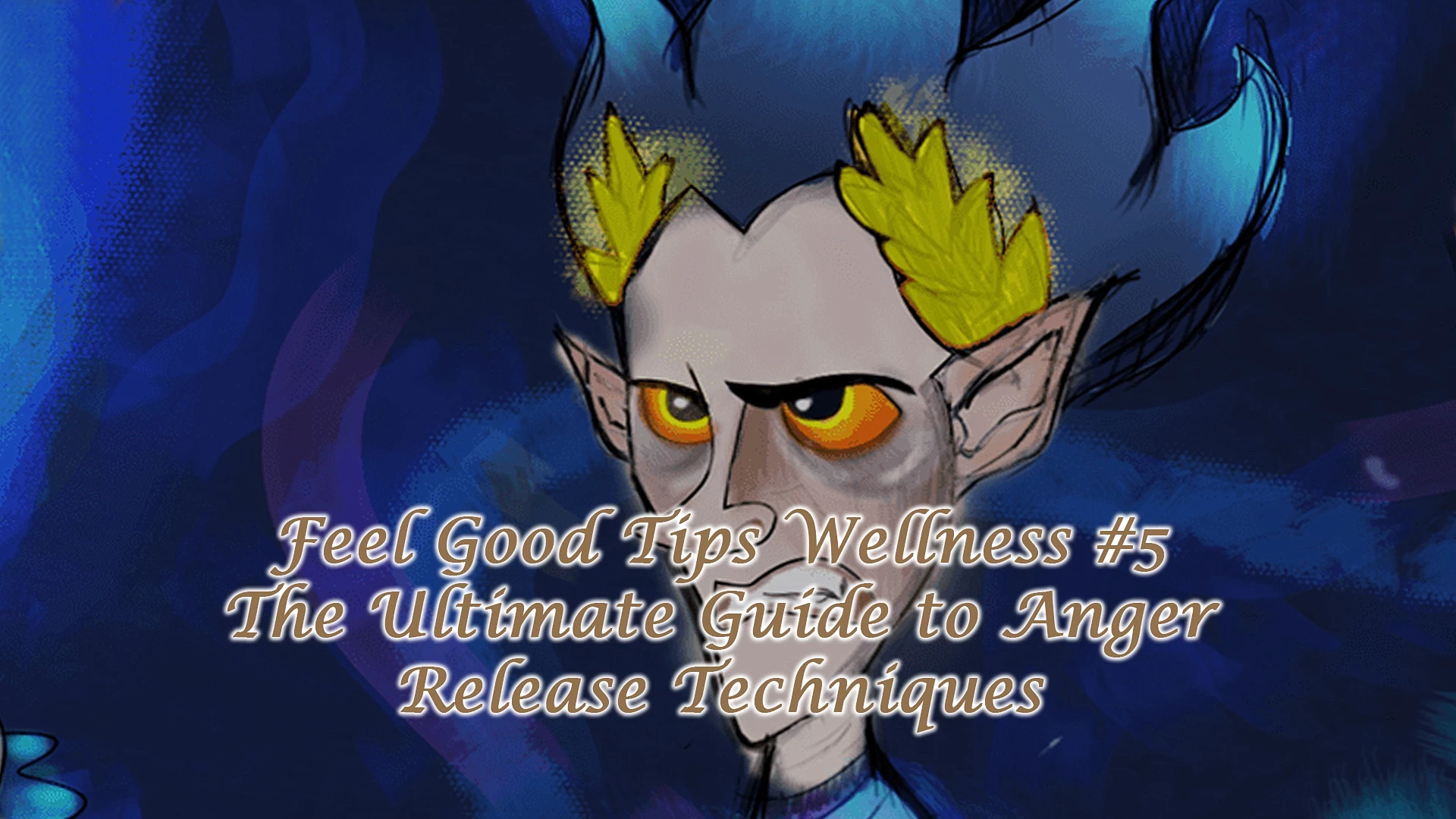The Mirror Effect: Exploring the Intriguing Dynamics of What Happens When You See Yourself in a Mirror
The simple act of gazing into a mirror is a daily ritual for most people, often dismissed as routine or mundane. Yet, the experience of seeing oneself in a reflective surface goes far beyond the surface level. What happens when you see yourself in a mirror is not just a matter of visual perception; it triggers a cascade of psychological, emotional, and even physiological responses. In this exploration, we will unravel the multifaceted dynamics of the mirror effect and understand the profound impact it has on our self-awareness, emotions, and overall well-being.
Self-Recognition and Identity
One of the most fundamental aspects of what happens when you see yourself in a mirror is the phenomenon of self-recognition. From an early age, humans develop the ability to recognize themselves in a mirror, a cognitive skill known as self-awareness. This process is not exclusive to humans; various animals have demonstrated a similar capacity, but the depth of self-awareness in humans adds layers of complexity to the mirror experience.
When you look into a mirror, your brain processes the visual information and connects it to your internal sense of self. This instant recognition is a cornerstone of identity formation. Psychologists argue that the mirror stage, which typically occurs during infancy, is crucial for the development of a coherent self-concept. The mirror becomes a tool for self discovery, allowing individuals to explore their physical appearance and build a mental image of themselves.
Emotional Impact
The mirror is not merely a neutral reflective surface; it is a portal to a realm of emotions. What happens when you see yourself in a mirror often elicits a range of emotional responses, from joy to dissatisfaction. For some, the mirror is a source of validation, providing a visual affirmation of self-esteem. For others, it can be a battleground of insecurities, triggering feelings of inadequacy or dissatisfaction with one’s appearance.
The emotional impact of self-reflection in a mirror is deeply rooted in societal norms and personal experiences. Cultural standards of beauty, peer comparisons, and societal expectations contribute to the emotional roller coaster that can accompany the act of looking in the mirror. Understanding and managing these emotional responses is crucial for maintaining a healthy self-image and promoting positive mental well-being.
Body Image and Perception
The mirror serves as a canvas on which we paint our perceptions of our own bodies. What happens when you see yourself in a mirror is intricately linked to body image, a complex interplay of thoughts, feelings, and attitudes towards one’s physical appearance. Research suggests that body image is not solely influenced by objective reality but is heavily shaped by subjective perceptions.
Mirrors can distort body image, leading to a phenomenon known as the “mirror exposure effect.” This psychological phenomenon occurs when individuals spend more time looking at themselves in a mirror, resulting in a more positive perception of their own appearance. Conversely, constant exposure to societal beauty standards and unrealistic ideals can contribute to negative body image and self-esteem issues.

Cognitive Dissonance and Self-Perception
The mirror effect can also give rise to cognitive dissonance, a psychological discomfort caused by inconsistencies between one’s beliefs and actions. When what happens when you see yourself in a mirror contradicts your self-perception or desired self-image, cognitive dissonance may arise. This internal conflict can lead to efforts to reconcile the disparity, whether through changes in behavior, attitude adjustments, or even seeking external validation.
Understanding how cognitive dissonance operates in the context of self-perception through a mirror provides insights into the malleability of our self-concept. Embracing cognitive dissonance as an opportunity for growth and self-discovery can lead to healthier and more adaptive responses to the mirror’s reflections.
Physiological Responses
Beyond the realm of psychology, the act of seeing oneself in a mirror can elicit physiological responses. Studies have shown that the mere perception of one’s reflection can activate the autonomic nervous system, leading to changes in heart rate, blood pressure, and even pupil dilation. These responses indicate the intricate connection between the mind and body, emphasizing the holistic impact of the mirror experience.
Additionally, the mirror effect has been linked to the release of endorphins, the body’s natural feel-good chemicals. Positive self-perception in the mirror can trigger a cascade of neurochemical reactions, contributing to an overall sense of well-being. Conversely, negative self-reflection may activate stress responses, underlining the intimate connection between mental and physical health.
And so
What happens when you see yourself in a mirror is a dynamic interplay of cognitive, emotional, and physiological processes. Beyond the reflection staring back at you lies a rich tapestry of self-awareness, identity formation, and emotional well-being. The mirror effect is a powerful tool for self-discovery and personal growth, but it also carries the potential for emotional challenges and physiological responses.
Navigating the complexities of the mirror’s influence requires a balanced perspective, understanding that the image in the reflection is just one facet of the multifaceted self. Embracing self-awareness, cultivating a positive self image, and recognizing the impact of societal influences are key steps in harnessing the mirror’s potential for personal development and overall well being. The next time you find yourself in front of a mirror, take a moment to appreciate the intricate dance between perception and reality that unfolds within the reflective surface.




I found the section on mirror therapy particularly intriguing.
I never thought deeply about the impact of seeing myself in a mirror until I read this article.
This article beautifully explores the psychological and physiological aspects of self-reflection through mirrors.